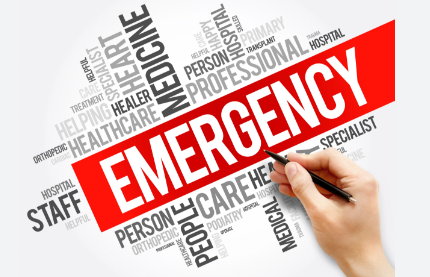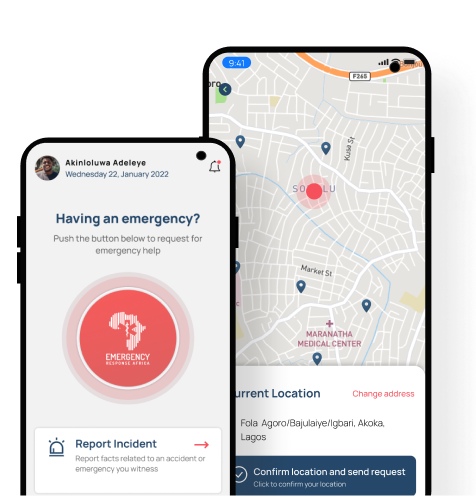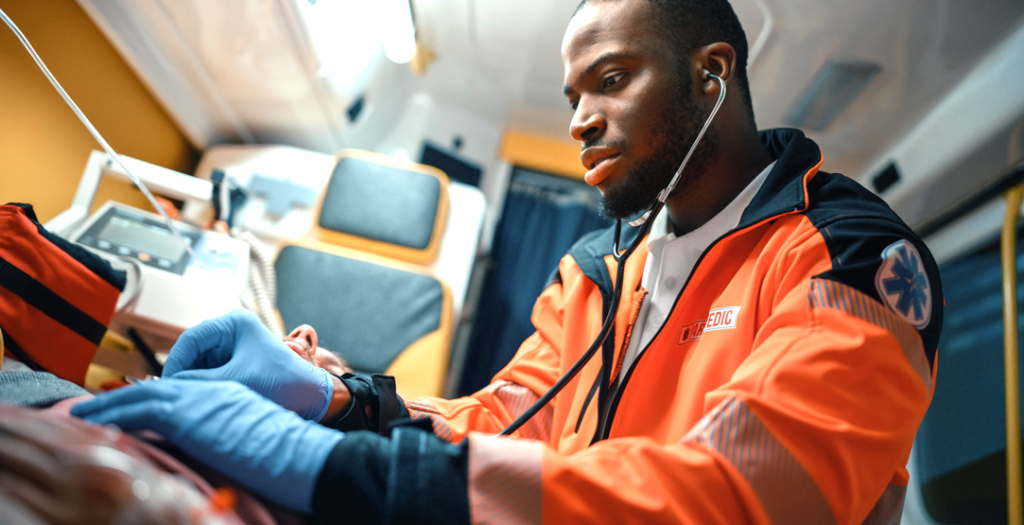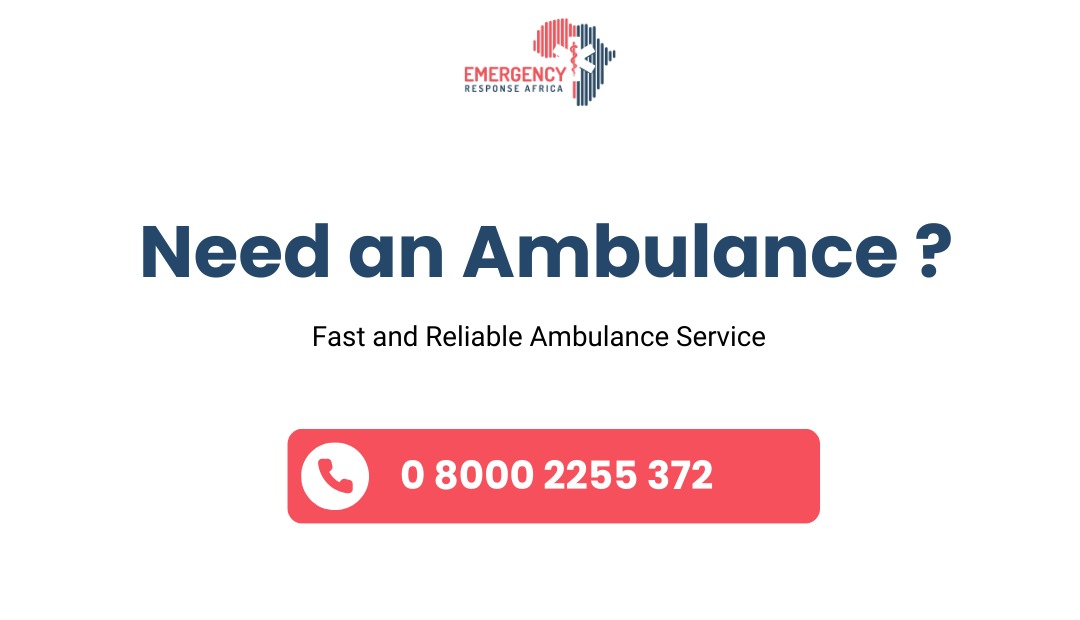During an emergency, the neural circuits responsible for self-control shut down leaving you anxious or scared. This makes knowing what to do during an emergency difficult. (Some people are even known to endanger themselves during emergencies.) But you can be confident during an emergency and make critical decisions to get yourself to safety.
Importance of Staying Calm in an Emergency
When someone is injured or in distress, their well-being may heavily depend on the responder’s ability to provide immediate care and make informed decisions.
Calmness helps in thinking clearly, reducing errors, and providing reassurance to the injured person and bystanders. It creates an environment of control and confidence, which can positively influence the outcome of the emergency.
It is normal to feel stressed in emergency situations, and recognizing these emotions is important for maintaining calmness and focus. Emergencies require quick and efficient action that only someone in the right mindset can carry out effectively.
Ways to Stay Calm During An Emergency
Here are 6 ways you can stay calm during an emergency
1. Have an emergency plan
Emergency plans are action steps to take during emergencies. They are proactive measures that provide you with guidelines on what to do during an emergency.
To increase their effectiveness, plan according to the kinds of disasters you will likely face. If you don’t already have one here are guides on how to make an effective emergency plan. You can also hire a professional emergency provider for threat assessment and tailored solutions.

2. Have an emergency number
Most people contact emergency providers, during an emergency for the first time! An emergency number on speed dial is however a tremendous boost to your preparedness effort; you spend less time looking for a number to contact and can receive attention faster. Be sure your chosen emergency provider offers an efficient ambulance service for life-threatening emergencies and can provide remote assistance on what to do while you wait for them to arrive.
3. Perform drills
Drills are staged emergencies to help you familiarize yourself with an emergency situation. Practicing fire drills for instance allows you to easily memorize where the extinguishers are located and how to use them. The more serious these drills are the more cool-headed you can be during an emergency.
4. To evacuate or stay sheltered
Understand what movement an emergency situation requires and act accordingly E.g Flooding requires moving to dry or higher grounds, while a fire demands you move away from the scene entirely. You can determine what action to take with an emergency plan that estimates likely threats and allows you to proceed orderly during an emergency
5. Have an emergency kit
A good way to manage emergencies is to have an emergency kit. Your emergency kit could contain water bottles, towels, and protective covering. Fire extinguishers and First aid kits are also basic emergency kits to have and are required for basic health and safety in the workplace. Ensure you are trained to use these equipment to increase your chances of helping others and yourself too.
6. Be safe before you help others
Situations like drowning require being strapped to a solid object to avoid being pulled by a drowning victim while cases like fire require you to wear an oxygen mask before attempting to do the same for others. What to do during an emergency should not include endangering your life so ensure that while providing help you don’t end up requiring it.
RELATED SERVICES:
Managing Emergency at the Workplace
Handling emergencies and disasters in the workplace requires a combination of being prepared, leadership, and adaptability. Managers should be trained to effectively guide their employees in challenging times like emergencies, reducing casualties impact.
Remember, your actions as a manager have a significant impact on the physical and mental well-being of your employees and the overall resilience of your organisation.
How to Prepare for Emergency as a First Aider
A first aider approach to staying calm and effective in emergencies is closely tied to your overall well-being.
- Regular Exercise: Physical activity is a great way to reduce stress and improve overall health.
- Mindfulness Practices: Engage in mindfulness or meditation to build mental resilience.
- Balanced Diet: Maintain a healthy diet to support your physical and mental energy levels.
Replace anxiety with security during an emergency
Knowing what to do during an emergency gives you the confidence to manage one effectively. In such cases, it’s preparedness that keeps you sane not willpower!
Following the steps above will help you manage an emergency situation effectively.
ERA can also help you through professional emergency assessment plans, first aid and CPR training and help if emergencies occur.
The first step is having our toll-free number on the speed dial before an emergency occurs. Want something faster? Try Signal by ERA, our proprietary software available on iOS and Android which alerts us to your emergency via a single push of the button!
Try it now to enjoy our support and stay prepared for future emergencies.
READ MORE




